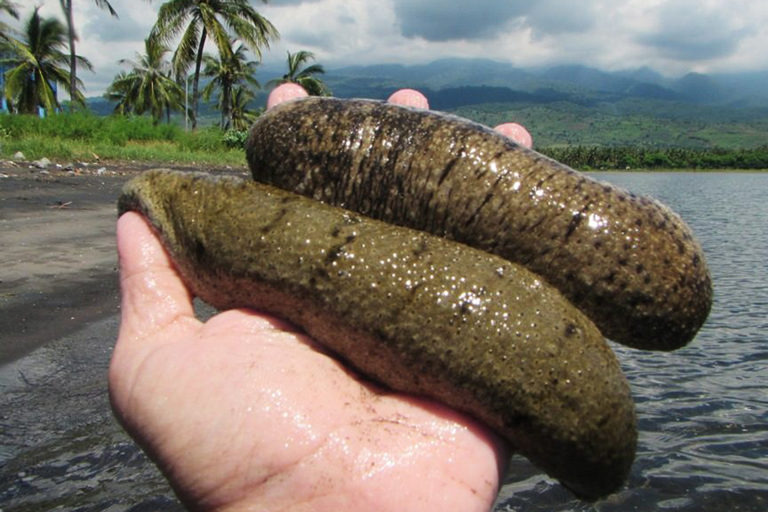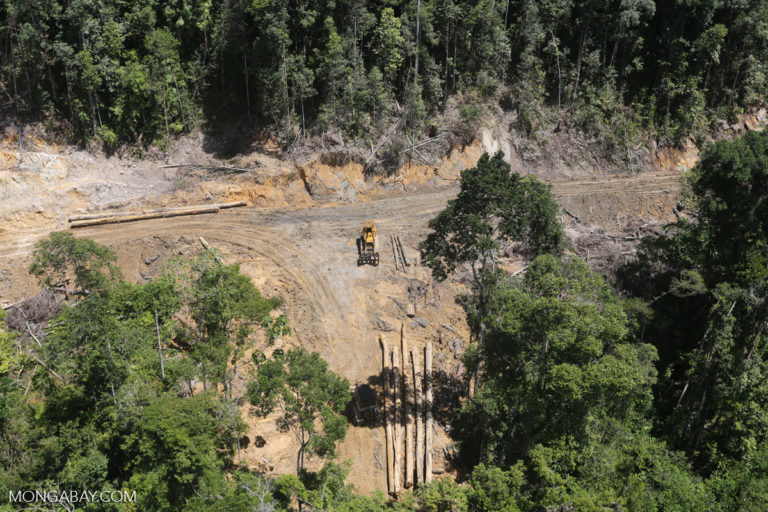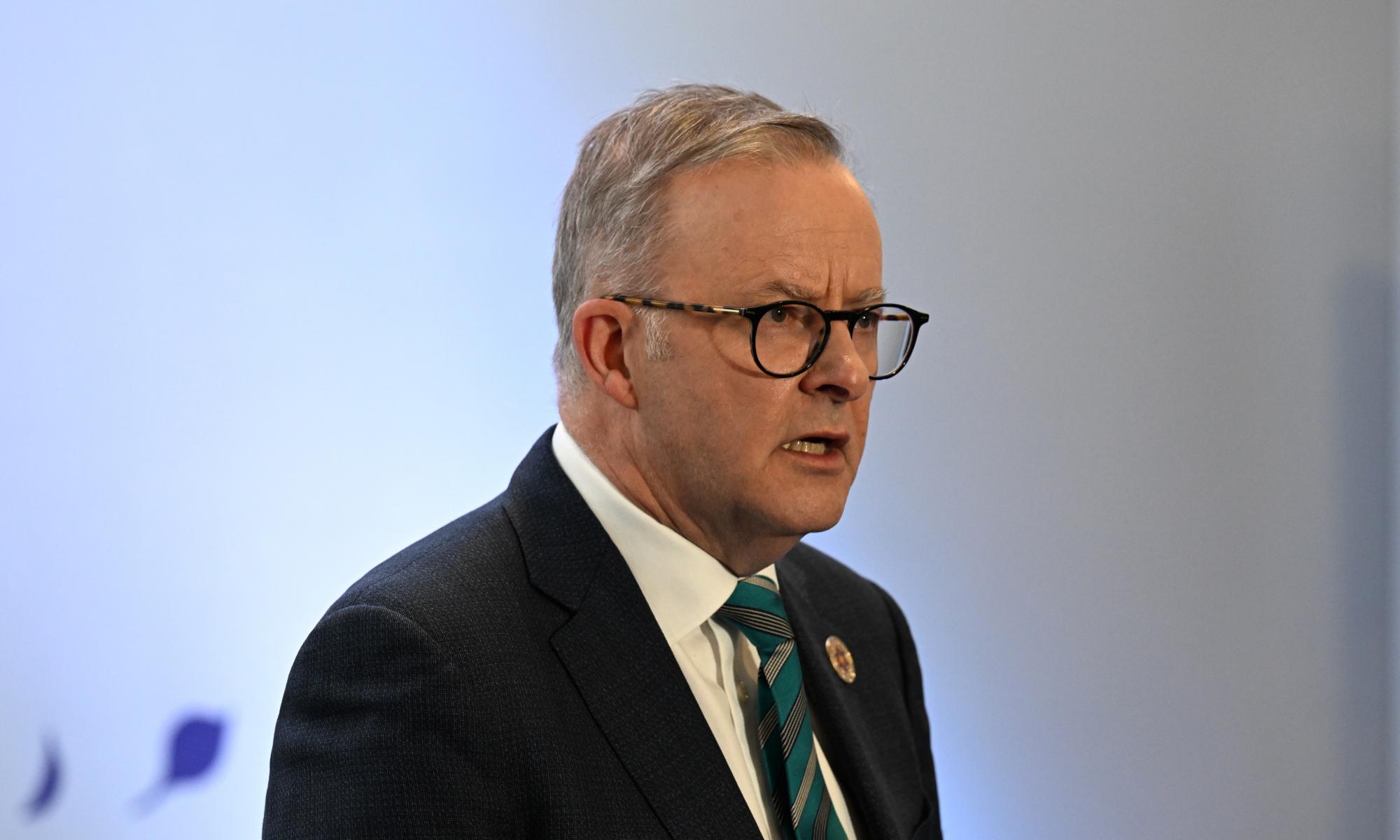The prime minister, Scott Morrison, will announce an overhaul of Commonwealth procurement rules to increase demand for recycled products, as the government lays out details of its new recycling policy on Monday.
Morrison, who will make the announcement at the national plastics summit in Canberra, has flagged the need to increase demand for recycled product so that “industry will respond”.
“Through months of consultation with industry, consumers, retailers and brand-owners, the one issue everyone comes back to is the need to increase demand for recycled products,” Morrison will tell the industry, government and community summit, according to draft extracts of his speech.
“Different countries have tried this in different ways but, true to our principles, my government will not take a top-down, tax and punish approach – we want to encourage and incentivise the best.”
Under the changes, every procurement undertaken by a Commonwealth agency would need to consider environmental sustainability and use of recycled content as a factor in determining value for money.
Morrison will also flag further government investment in recycling infrastructure will be announced in the May budget, pledging to match industry investment dollar for dollar to try to increase capacity, minimise costs and maximise value.
“The state of our recycling and remanufacturing facilities, as well as the economics behind our collection systems, are under severe strain.”
Last week, Infrastructure Australia listed national waste and recycling management as one of five national high priority initiatives, calling for a new strategy to boost Australia’s recycling rate from its current 55% to the target of 70% set out in the 2014-21 waste avoidance and resource recovery strategy.
Pointing to figures showing Australia has gone from from producing 2m tonnes of plastic per year in 1950 to over 400m tonnes today, Morrison will say there needs to be a shift away from the country’s reliance on virgin plastic, which was “choking our oceans”.
“Plastic that is designed effectively, used correctly, recycled reliably, and remanufactured creatively can stay in the economy almost indefinitely with little environmental impact,” he will say.
“But too often plastic products are not designed to be re-used or recycled.”
The summit will be attended by the New Zealand Minister of Conservation, Eugenie Sage, the Minister for the Environment, Sussan Ley, state and territory environment ministers and the Director-General of the Secretariat of the Pacific Regional Environment Programme, Kosi Latu.
Morrison will make reference to Australia’s “Pacific family” in the speech, saying they are bearing the brunt of the plastics crisis and having to deal with the impacts of it on their fisheries, wildlife and islands.
“Scientists estimate that in just 30 years’ time the weight of plastics in our oceans will exceed the weight of fish in our oceans – that’s appalling.”
Ahead of Monday’s summit, environment groups the Boomerang Alliance and the World Wide Fund for Nature called on the government to mandate that 100% of plastic packaging will be reusable, compostable or recyclable by 2025, accompanied by a legal requirement that “unnecessary and problematic” plastics are eliminated by 2025.
“One of the biggest contributors to plastic waste in Australia is packaging. After 20 years of voluntary action, recycling and recovery rates have gone backwards,” director of the Boomerang Alliance, Jeff Angel said.
“This pitiful situation is contributing to the ocean becoming a plastic soup. Labels showing potential recycling are insufficient - actual recycling must occur and be mandated, to keep faith with the community.”
The call for mandated targets comes after the government announced that all Australian packaging should be reusable, compostable or recyclable by 2025 at the latest after a recycling industry crisis triggered by a Chinese ban on imported plastic waste.
Labor also called for more government action, criticising the coalition for an 18 month delay to a product stewardship review, and for a lack of new funds for recycling infrastructure investment.
“We need more than talk; we can’t just talk rubbish, we need to make change,” Labor’s assistant environment minister, Josh Wilson, said.
“If the government doesn’t get its skates on, we going to see more stockpiling of plastic, which of course is a fire risk (and) we’re going to see more plastic going into landfill, and potentially into our oceans.”
The environment minister, Sussan Ley, said she was concerned that mandating plastic targets would lead to increased cost for consumers and would be impossible to regulate, but said the government had deliberately set “ambitious” targets.
However, she said if the 2025 targets were missed, then she would not rule out further government intervention.
She also said the forthcoming legislation to ban plastic exports – currently 187,000 tonnes a year – was key to seeing an “Australia solution” in place that dealt with end to end processing.
“That will give business the confidence to invest and it is critical that they do,” Ley said.
“Kit (equpiment) does have to be brought in, facilities do have to be set up, it is an ambitious timeline.”
She said that to process the plastic waste currently sent overseas, six new plants would be needed at an estimated cost of $250m, but stressed the federal government would only partially fund the new processing plants.
To coincide with the summit, confectionary company Nestlé will announce a partnership with IQ Renew for a soft plastic recycling trial to collect soft plastics from 100,000 homes as part of kerbside recycling.
The project aims to find a way to collect, sort and process soft plastics – which make up 20% of Australia’s landfill rubbish – that can be broadly adopted.
McDonalds will also announce plans to move away from single use plastics.
Ley welcomed the initiatives, saying business was taking the lead because they recognised an economic opportunity and the demand from consumers for change.
“Industry is doing this because it makes sense for them, and part of the reason for that is because it is what consumers expect,” Ley told Guardian Australia.
The summit comes ahead of a council of Australian governments meeting later this month that will finalise the details of the government’s proposed export ban, which will apply to waste plastic, paper, glass and tyres.


